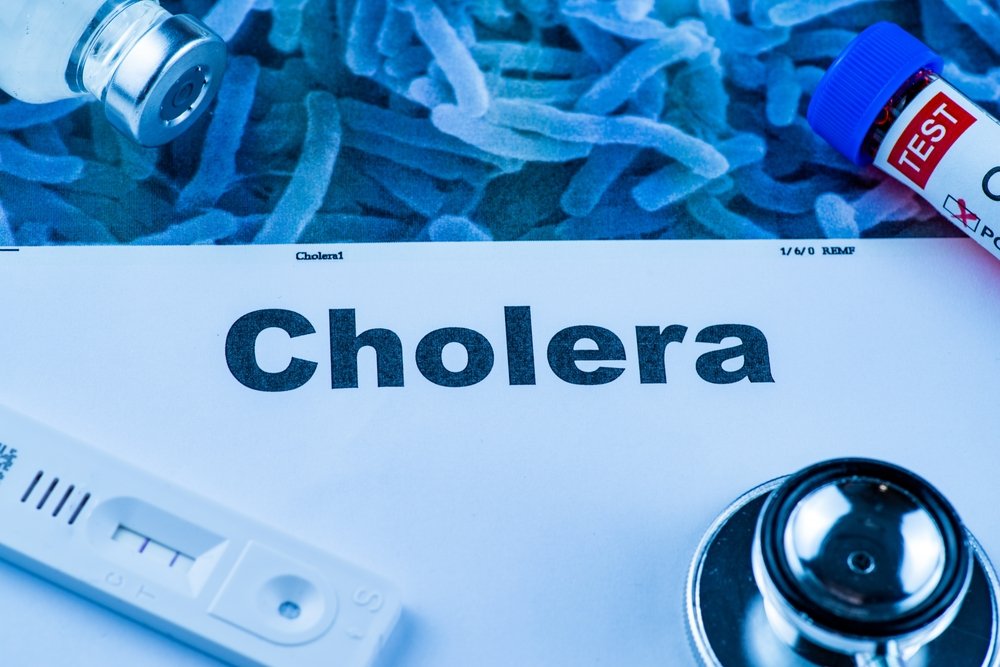Cholera: A Comprehensive Guide
Cholera is a severe bacterial infection caused by Vibrio cholerae, leading to acute diarrhoea and severe dehydration. It is primarily transmitted through contaminated food or water, particularly in areas with poor sanitation. If left untreated, cholera can lead to shock, organ failure, and death within hours. However, early treatment, proper hygiene, and vaccination can effectively prevent and control its spread.
What is Cholera?
Cholera is a bacterial infection of the small intestine caused by Vibrio cholerae. The infection results in severe watery diarrhoea, which can rapidly lead to dehydration and electrolyte imbalances. If untreated, it can be fatal within hours to days.
Despite being largely preventable, cholera remains a public health challenge in many parts of the world, especially where clean water and proper sanitation are lacking.
Signs and Symptoms of Cholera
Cholera symptoms appear within hours to five days after exposure. While some cases are mild or asymptomatic, others progress rapidly to life-threatening dehydration.
Mild Symptoms (Asymptomatic or Mild Diarrhoea)
- Occurs in 80% of cases
- Mild or moderate diarrhoea (often mistaken for a stomach bug)
- Self-limiting, resolves within a few days
Severe Symptoms (20% of Cases)
Profuse, watery diarrhoea (Rice-water stools) – Pale, cloudy stool with a fishy smell that resembles rice water.
Severe dehydration – Extreme loss of fluids, leading to:
- Dry mouth and skin
- Sunken eyes
- Low blood pressure
- Extreme thirst
- Rapid heartbeat
Electrolyte imbalance – Loss of sodium, potassium, and chloride, causing:
- Muscle cramps
- Weakness
- Confusion
- Seizures (in severe cases)
Hypovolemic shock – If dehydration is untreated, it leads to:
- Organ failure
- Coma
- Death (if not treated immediately)
Causes of Cholera
Bacterial Infection
- Cholera is caused by the bacterium Vibrio cholerae. The toxin (cholera toxin) produced by the bacteria disrupts the normal absorption of water and electrolytes, leading to massive fluid loss through diarrhoea.
Modes of Transmission
- Contaminated Water – The most common source of infection. Cholera bacteria thrive in untreated sewage, rivers, lakes, and coastal waters.
- Contaminated Food – Eating raw or undercooked seafood, street food, or improperly handled food can introduce cholera bacteria into the body.
- Poor Sanitation & Hygiene – Cholera spreads rapidly in areas with poor sewage disposal, lack of clean drinking water, and inadequate hygiene practices.
Cholera Vaccination
Cholera vaccines provide short-term protection against infection and are recommended for travellers to endemic regions.
- An oral vaccine providing 2-year protection
- A single-dose vaccine approved for travel to cholera-endemic areas
- Used in mass vaccination programs
Who Should Get Vaccinated?
- Travellers to endemic regions (Africa, South Asia)
- Humanitarian workers in refugee camps or disaster zones
- Healthcare workers treating cholera patients
Regions Where Cholera is Endemic
Cholera is endemic in:
- Africa – Nigeria, Sudan, Mozambique, Ethiopia
- South Asia – India, Bangladesh, Pakistan
- Southeast Asia – Thailand, Myanmar, Indonesia, Vietnam
- Middle East – Yemen, Iraq
- Haiti & Caribbean – Cholera outbreaks after natural disasters
Outbreaks occur after floods, natural disasters, and war due to contaminated water sources.

Why Vaccinate at Trio Pharmacy's Travel & Vaccination Clinic in Shepperton?
If you’re planning to travel to an endemic region or want to protect yourself against cholera, Trio Pharmacy’s Travel & Vaccination Clinic in Shepperton is your trusted destination.
- Expert Guidance: Our trained healthcare professionals provide personalised advice tailored to your needs.
- Convenient Appointments: Flexible booking options to suit your schedule.
- Comprehensive Care: We ensure you receive the most up-to-date vaccinations and travel health information.


